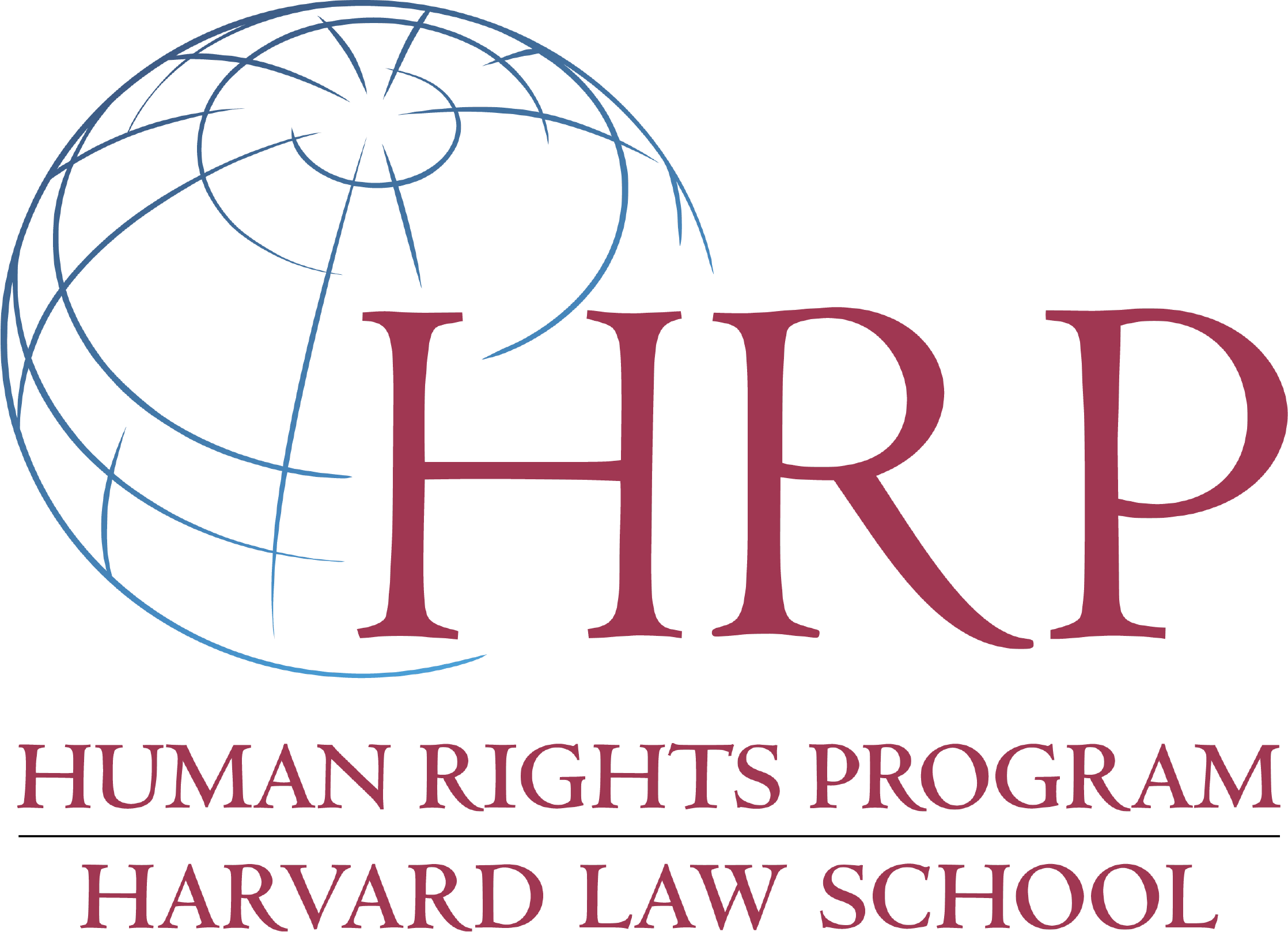2019 HRP Summer Fellow Reflection: Angel Gabriel Cabrera Silva, SJD Candidate
Cabrera Silva spent Summer 2019 at Colectivo Emancipaciones, in Morelia, Michoacán, México
Summer fellowships for human rights internships are a central part of the Harvard Law School human rights experience. During the summer of 2019, HRP funded five HLS students to intern abroad at nongovernmental organizations for up to eight weeks. At the conclusion of their internships, students returned to HRP with a deeper appreciation for the type of work required of human rights practitioners. Over the course of the next month while our summer fellowship application is open, we’ll be excerpting portions from their fellowship reports to provide a glimpse into the kinds of experiences open to human rights students at Harvard Law.
As an SJD candidate studying grassroots mobilizing in human rights, Angel Gabriel Cabrera Silva wanted to immerse himself in a social justice organization working in partnership with indigenous communities. He joined Colectivo Emancipaciones, an NGO that advocates on behalf of indigenous rights. In order to express its democratic goals, the Colectivo organizes itself into non-hierarchical “commissions.” Angel joined the “Litigation Commission” and the “Community Council’s Commission.” In the former, Cabrera Silva worked on strategic litigation on behalf of indigenous communities. In the latter, he worked with communities on socio-political organizing.
He described his work as follows:
“Currently, the Colectivo Emancipaciones is working alongside Community Councils of the towns of Pichátaro, San Felipe de los Herreros, Arantepacua, and Santa Fe de la Laguna to intervene in a legislative process that intends to regulate their budgetary autonomy. The axis of this strategy is to preemptively organize the social and political aspects of a process for free, prior, and informed consultation that will be reclaimed after (and if) this bill is discussed by Congress. As such, my task was to attend meetings with the various Councils, brief them about the legal elements of the strategy, listen to their opinions, and collaboratively think about how to articulate the organizational aspects (like when and how would it be easier to organize a politically efficient process of free, prior, and informed consent).”
Cabrera Silva plans to return to some of the communities that Colectivo partnered with later in his SJD to do fieldwork. Over the summer, he was particularly impressed with the community commitment of the NGO. He explained that working at Colectivo Emancipaciones provided “a clear example of how the outcomes of human rights work change when advocates have direct political commitments to specific social movements (rather than abstract normative commitments or indirect commitments with donors).”
At Colectivo, he said, “the role of lawyers was never to upkeep any norm or to advise the communities about the proper legal avenue to get a favorable decision. Instead, the lawyers were constantly reviewing the political and social usefulness of any legal action. The constant contact with community councils meant that the Colectivo was always in touch with what material solutions were needed, and their work revolved around that aspect. In fact, the very structure of the Colectivo (organized in a Commission) seems to have been learned from the way the Community Councils organize themselves.”
Angel further elaborated on how the funding structure of the NGO provided a positive influence on its culture, saying: “The fellowship also gave me a lot of insights into how NGOs are sometimes influenced by external sources of funding. The Colectivo Emancipaciones has an internal policy of not accepting any money that might condition their work. In this sense, they have almost no external donors. They mostly fund themselves through their own professional independent practice. They have also established collaborative academic research projects as a means to embolden their alliance with the communities. This mode of practice has an important influence on the power dynamics between the Colectivo, communities, and the individual members of the Colectivo, which are much more horizontal and open for reflection.”
Overall, the internship gave Cabrera Silva the opportunity to re-examine what skills are important in human rights work. “Normally, I would think that having expertise in the latest development of international standards and knowing all the international procedures was one of the most important advantages of a human rights lawyer. However, I realize how little this technical knowledge might matter in contrast to developing the skills that relate to political strategizing, community organizing, and even inter-personal support.”
Interested in learning more about HRP Summer Fellowships? Schedule an advising appointment with Anna Crowe, Assistant Director of the International Human Rights Clinic, and apply to join our 2020 cohort today! Please note that you do not need to have a confirmed placement organization before you apply for the 2020 HRP summer fellowship pool. Applications are due February 1, 2020!
